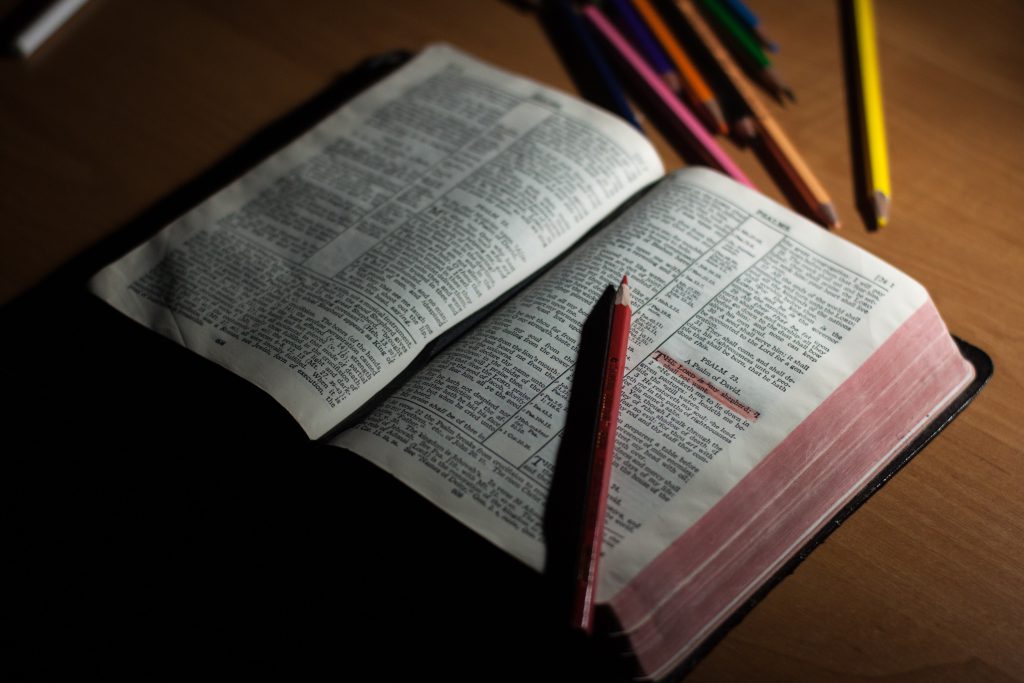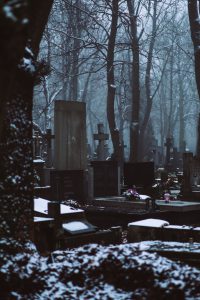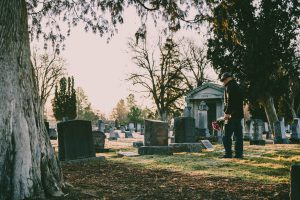
Kristine F Murray Batey (1951 – 2005) is an American poet who is known for her famous poem Lot’s wife. It is a narration about the Lot’s wife. The poet outlines the contraries presented in the bible through this poem.
This poem presents the same story of Lot and his wife from a different perspective. The Old Testament in the Bible is male-oriented, and only a very few females are even named.
God instructed Lot and his wife to walk away when Sodom and Gomorrah. God set fire in those cities. God found Lot as an obedient man, so he warned him to depart and never look back. When the cities were on fire Lot’s wife turned to see his relatives and neighbors.
As a punishment, God turned her into a salt pillar. The poet recollects these incidents. She questions the essence of the Bible by pointing out the contraries. In the old testament God’s fear and obedience are considered the most important virtues while in the new testament loving God and neighbor are equally important.
The poet clearly outlines her intention in the first line of the poem ” While Lot, the conscience of a nation, struggles with the Lord, she struggles with the housework.”
Lot focused more on following God’s will and his wife was busy with her household work. She uses vigorous expressions to intensify the feelings of Lot’s wife.” Whoever is God the bread must still be made and the doorsill swept.”
When she found that her city was on fire she turned her head empathetically to see his beloved once for one last time and it made her a salt pillar. The poet describes the kindness of Lot’s wife. According to the poet, the roles between protagonist and antagonist in the story appears to be wrong.
By the end of the poem, the humanitarian approach by Lot’s wife is highlighted. Poet writes, ” on the breast of the hill, she chooses to be human.”
Lot’s wife is a journey through the innate feelings of a woman like in Sylvia Plath’s Mirror.
Read the poem below
Lot’s Wife
While Lot, the conscience of a nation, struggles with the Lord, she struggles with the housework. The City of Sin is where she raises the children.
Ba’al or Adonai– Whoever is God– the bread must still be made and the doorsill swept. The Lord may kill the children tomorrow, but today they must be bathed and fed.
Well and good to condemn your neighbors’ religion, but weren’t they there when the baby was born, and when the well collapsed? While her husband communes with God, she tucks the children into bed.
In the morning, when he tells her of the judgment, [that is, God’s decision to destroy the city] she puts down the lamp she is cleaning and calmly begins to pack.
In between bundling up the children and deciding what will go, she runs for a moment to say goodbye to the herd, gently patting each soft head with tears in her eyes for the animals that will not understand.
She smiles blindly to the woman who held her hand at childbed. It is easy for eyes that have always turned to heaven not to look back; those who have been–by necessity–drawn to earth cannot forget that life is lived from day to day.
Good, to a God, and good in human terms are two different things. On the breast of the hill, she chooses to be human, and turns, in farewell– and never regrets the sacrifice
Check out these amazon deals
<a target=”_blank” href=”https://www.amazon.ca/b?_encoding=UTF8&tag=manubaby7160b-20&linkCode=ur2&linkId=fe2586b082512d4559ad00c8a4090905&camp=15121&creative=330641&node=667823011“>Best gadgets</a>






